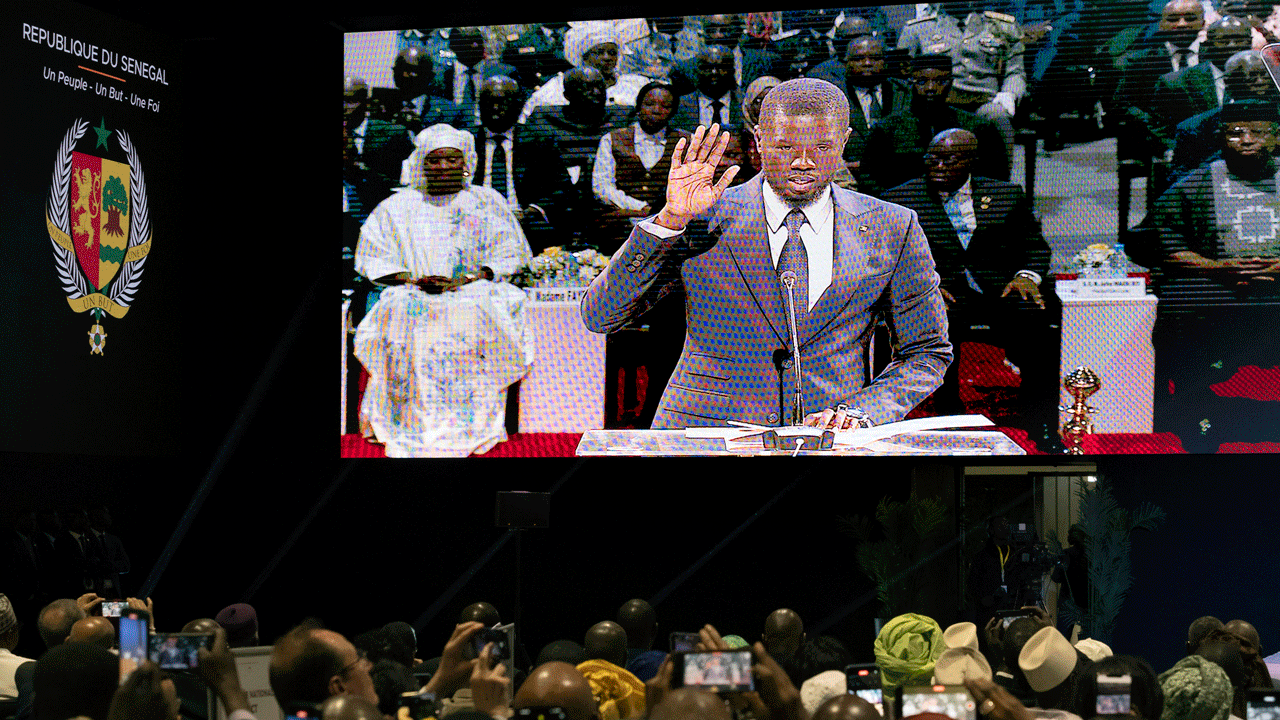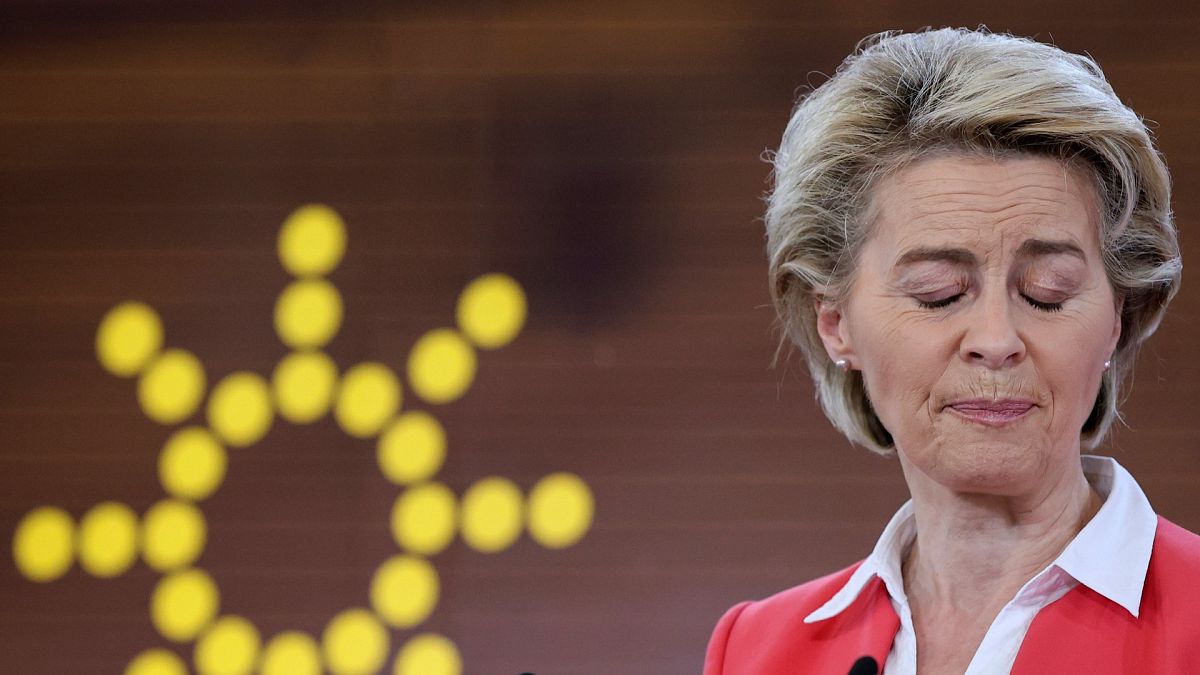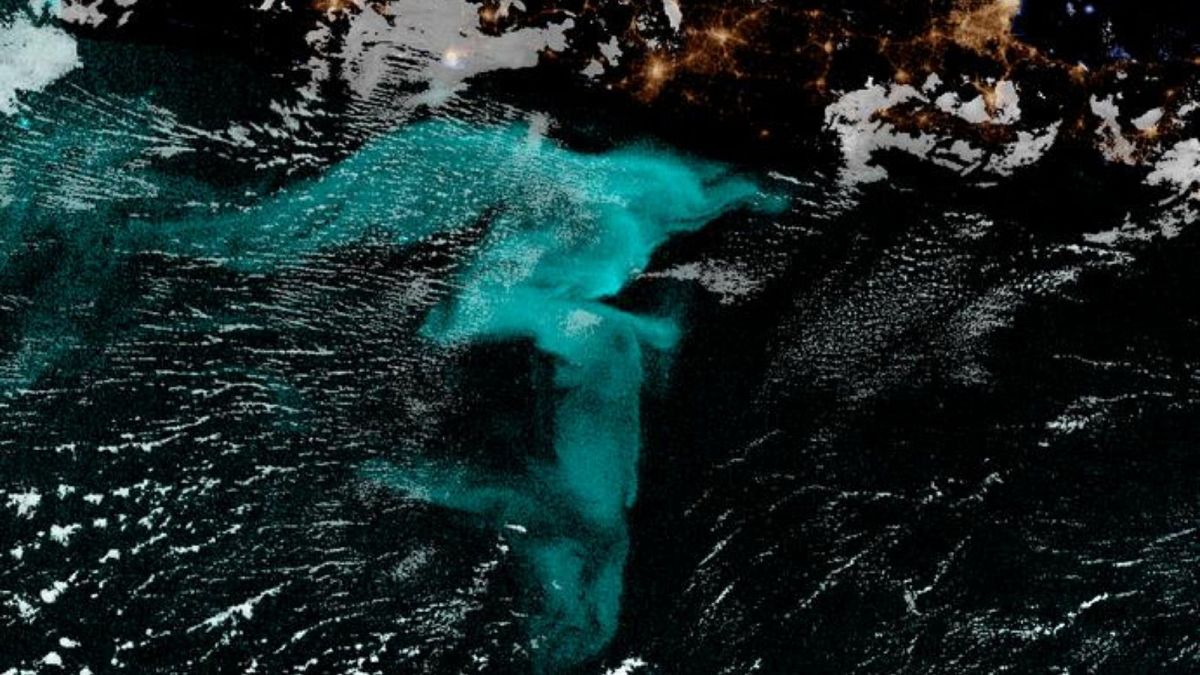Senegal swears in Africa's youngest elected leader as president in a dramatic prison-to-palace rise
Bassirou Diomaye Faye was inaugurated as president of Senegal on Tuesday, making the 44-year-old Africa's youngest elected leader; he was released from prison just weeks before the vote.

DAKAR, Senegal (AP) — Senegal inaugurated Africa's youngest elected leader as president on Tuesday, as the 44-year-old and previously little-known Bassirou Diomaye Faye completed a dramatic ascent from prison to palace within weeks.
Last month's election tested Senegal’s reputation as a stable democracy in West Africa, a region rocked in recent years by coups and attempted coups.
BASSIROU DIOMAYE FAYE EMERGES AS SENEGAL'S NEXT PRESIDENT AFTER CONTENTIOUS ELECTION CYCLE
Faye was released from prison less than two weeks before the vote, along with mentor and popular opposition figure Ousmane Sonko, following a political amnesty announced by outgoing President Macky Sall. Their arrests had sparked months of protests and concerns that Sall would seek a third term in office despite term limits. Rights groups said dozens were killed and about 1,000 were jailed.
In his first speech as president, Faye remembered those killed and arrested during the protests and promised to deliver greater sovereignty for Senegal while working to build prosperity.
"I am aware that the results of the elections express a profound desire for systemic change," he said.
This is the first elected office for Faye, a former tax inspector. His rise has reflected widespread frustration among Senegal's youth with the country's direction — a common sentiment across Africa, which has the world's youngest population and a number of leaders widely accused of clinging to power for decades.
"It’s the culmination of a long struggle for democracy and the rule of law," said Aissata Sagna, a 39-year-old factory worker who worked on Faye’s campaign. "This is a day of celebration for us, even if we have lost young people killed during the demonstrations."
Unemployment rates are high. The war in Ukraine has helped drive up the price of food and energy. Like residents of other former French colonies, Senegalese are increasingly disaffected with France, often accused of exploiting its longstanding ties with West Africa.
Faye campaigned on promises to clean up corruption. Ahead of the election, he released a declaration of his assets and called on other candidates to do the same. It listed a home in Dakar and land outside the capital and in his small hometown. His bank accounts totaled roughly $6,600. A practicing Muslim, Faye has two wives, both of whom were present on Tuesday.
"I think the first challenge is the formation of his (Faye’s) government," said Alioune Tine, founder of the Senegalese think tank Afrikajom Center. "This will be the first concrete message he sends to the Senegalese people. The size, diversity and profiles will be analyzed with a fine-tooth comb to see if they meet the demand for a break with the past."
Allies are closely watching Faye's economic policies following his promise to improve the management of natural resources. Senegal has made new oil and gas discoveries in recent years, but the population has yet to see any real benefit. Analysts warn, however, that renegotiating deals could turn investors off.
The new president was little known until Sonko, a popular opposition figure who came third in the previous election in 2019, named him to run in his place after being barred from the election for a prior conviction. While Sonko's future role in the new administration is unclear, he is expected to have a prominent role.
Faye was arrested for alleged defamation last year, while Sonko faced a number of charges, including a prolonged legal battle that started when he was accused of rape in 2021. He was acquitted of the rape charges but was convicted of corrupting youth and sentenced to two years in prison last year. Sonko’s supporters say his legal troubles were part of a government effort to derail his candidacy.
While Sall eventually ruled out running for a third term, he abruptly postponed the election in February with only weeks to go, triggering another wave of protests. That move was blocked by the country’s constitutional court.
What's Your Reaction?
















